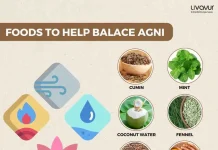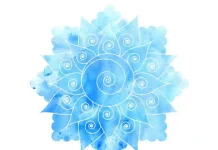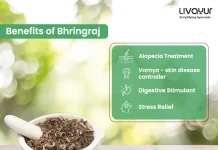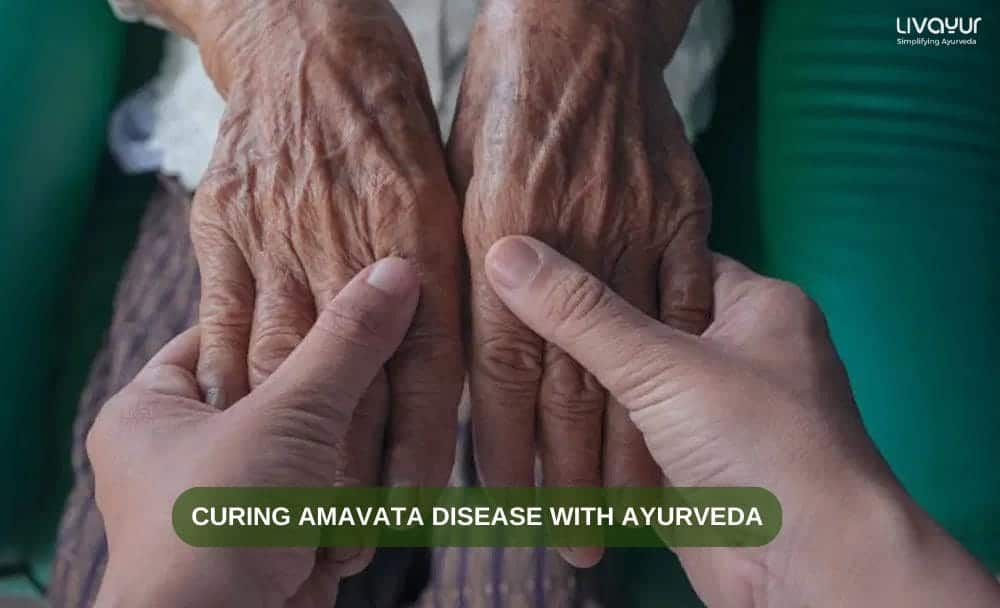
According to Ayurveda, Amavata is a chronic inflammatory disease that manifests from the gut and later spreads through all the tissues and organs of the body. It is an autoimmune disorder that causes pain, stiffness and functional disability of joints. This condition is the same as rheumatoid arthritis of the modern age, and therefore they are often used synonymously.
Causes of Amavata
Amavata is made from two words: Ama and Vata. Ayurveda explains that Amavata is caused due to severe aggravation of Vata Dosha, along with an accumulation of Ama or harmful toxins in the body. Some of the main causes that may lead to this condition are:
- Eating incompatible food or Virdudha Ahara
- Having low metabolism and poor digestion for a long time
- Having a sedentary lifestyle and following poor lifestyle practices
- Indulging into exercises immediately after consuming oily and high-calorie foods
Symptoms of Amavata
The common symptoms and signs of Amavata are:
- Pain in the body or certain body parts
- Anorexia and indigestion
- Feeling very thirsty
- Experiencing lethargy and weakness
- Feeling heaviness in the body
- Swelling or inflammation in body parts
- Fever
Ayurvedic Diet to Cure Amavata
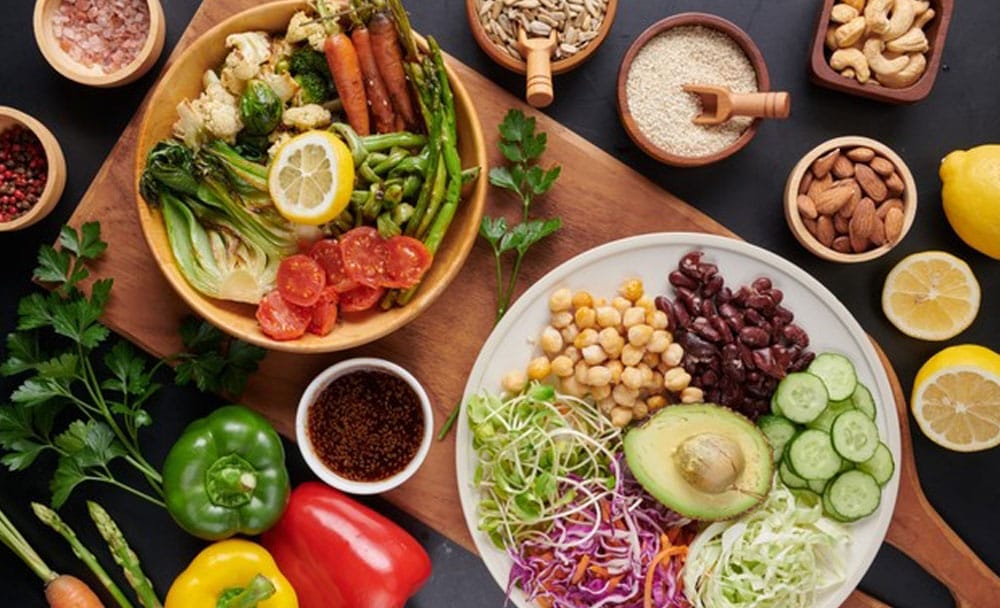
According to Ayurveda, Amavata or rheumatoid arthritis is caused due to an aggravation of Vata Dosha. Therefore, it is recommended to have Vata-pacifying food to treat Amavata.
- Eat foods that are easy to digest (Laghu), hot in potency (Ushna) and can penetrate through tissues (Teekshna).
- The diet should consist of foods with Katu (pungent) and Tikta (bitter) Rasa or taste.
- Do not eat cold and raw foods. Always eat cooked food.
- Some of the foods you should eat to treat Amavata are barley, red rice, millets, legumes, green leafy vegetables, pointed gourd, bitter gourd, ginger, garlic and buttermilk.
- Some of the foods you should avoid if you have Amavata are curd, milk, jaggery and all the heavy to digest food.
Yoga for Amavata Condition
Yoga, Pranayamas and meditation are also highly effective in the treatment of Amavata. It can help relieve the physical pain of rheumatoid arthritis, improve energy levels and improve mental health. However, excessive walking is usually prohibited in this condition as this may aggravate Vata. Some of the best Yoga poses for the Amavata condition are Vrksasana (Tree Pose), Setu Bandha Sarvangasana (Bridge Pose) and Savasana (Corpse Pose).
Ayurvedic Herbs for the Treatment of Amavata
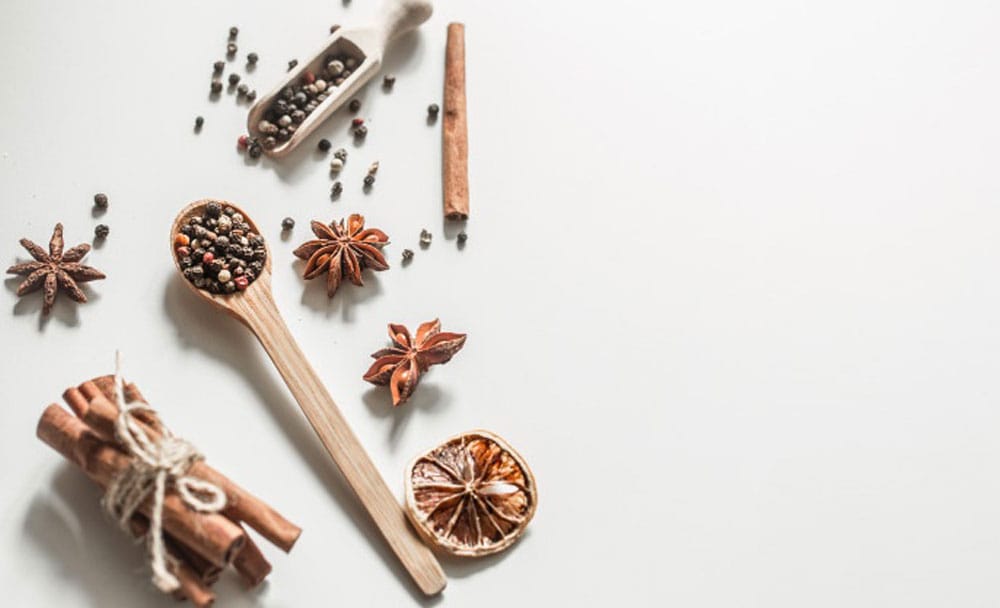
Ayurveda mentions many herbs that may help to treat Amavata condition. Some of these herbs are:
- Ashwagandha:
Ashwagandha is one of the best Ayurvedic herbs for the treatment of Amavata or rheumatoid arthritis. It is rich in anti-inflammatory properties and helps relieve pain in the joints and reduce inflammation in the body.
- Kalamegha or Bhunimba:
Amavata or rheumatoid arthritis is caused due to the accumulation of Ama in the body. Kalamegha is known for its detoxifying properties. Therefore, it vastly helps in removing Ama and treating Amavata. Bhunimba is also packed with anti-inflammatory properties that further help to reduce inflammation, pain and stiffness in the joints.
- Nirgundi:
The two reasons that lead to the Amavata condition are the aggravation of Vata and the accumulation of Ama. Nirgundi helps to pacify Vata and eliminate Ama while also relieving pain and inflammation in the body. Nirgundi is most popularly used as an oil.
- Punarnava:
Punarnava is a highly effective Ayurvedic herb to pacify the vitiated Vata and remove Ama from the body. It also has powerful analgesic and anti-inflammatory properties that further aid in the treatment of Amavata.
- Eranda:
Commonly known as castor oil, Eranda Tailam is known to be one of the most effective remedies in rheumatoid arthritis. It helps to pacify Vata Dosha and remove Ama by penetrating deep into the micro-channels. Regular massage with Eranda oil can help to reduce inflammation, pain and discomfort caused due to Amavata.
- Hadjod:
Hadjod helps improve the digestive fire in the body, thereby preventing the formation of Ama. It is also highly effective in pacifying Vata Dosha and reducing inflammation and pain in the body.
- Rasna:
Also known as Pluchea lanceolata, Rasna is Ushna or hot in potency and helps balance Vata. It also enhances digestion, removes Ama and reduces inflammation in the body.
Swedana to Treat Amavata
Swedana means to sweat or perspire. It is an Ayurvedic steam therapy that helps to remove toxins by stimulating the sweat glands of the body. The sweat is induced using steam generated from decoctions made by Ayurvedic herbs. Swedana is highly effective in reducing inflammation, balancing Tridoshas, removing toxins or Ama and reducing stiffness in the joints. Therefore, it is considered to be one of the best Ayurvedic therapies for treating rheumatoid arthritis. It may be followed by various other therapies such as Basti, Virechana etc.
Takeaway:
Amavata is a painful condition that may cause serious discomfort in the body. Ayurveda mentions a detailed approach to treat Amavata or rheumatoid arthritis. It includes eating a Vata-pacifying diet, doing Yoga, taking Ayurvedic herbs and indulging in Ayurvedic therapies.
This article is reviewed by Dr Ashwini Konnur











